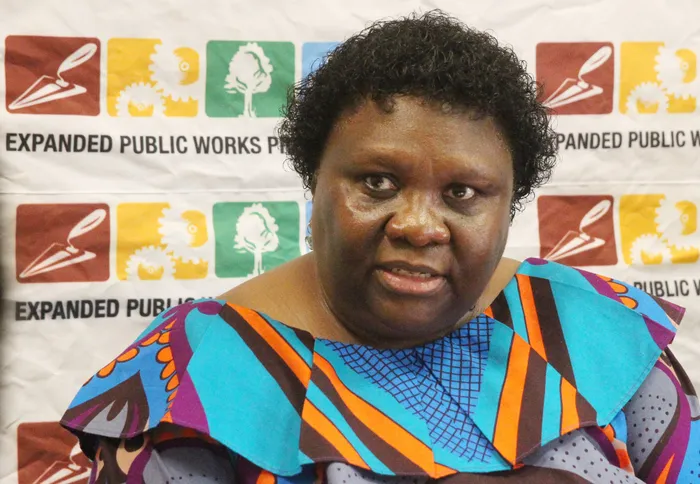366 civil servants illegally trade with state, only seven dismissed

Public Service and Administration Minister Noxolo Kiviet said reports received from departments showed that sanctions that were imposed on the culprits ranged from final written warnings to contracts terminated and dismissals. Picture: Jacques Naude/Independent Newspapers
The number of civil servants conducting business with the state has increased to 366 in the 2022-23 financial year.
The number of officials found to be on the wrong side of the law also rose from the 181 that was recorded in the prior year.
At least seven officials have been dismissed after being hauled before disciplinary hearings.
This is according to Public Service and Administration Minister Noxolo Kiviet when she was responding to parliamentary questions from DA MP Mimmy Gondwe.
Civil servants are prohibited from conducting business with the state, and those found contravening the regulations are hauled before a disciplinary hearing.
Kiviet said the number of public servants who were found to be doing business with the state in the 2020-21 financial year was 484.
“Out of this number, eight officials were appointed in the state entities in an official capacity,” she said.
Kiviet also said 181 civil servants were found to be doing business with the state in the 2021-22 financial year.
The number rose to 366 in the financial year ending in March 2023.
“The value of the business in respect of each public servant conducting business with the state can only be determined after finalisation of a court process where the court will pronounce on losses,” she said.
The civil servants who were conducting business with the state were employed in 22 national departments and 42 provincial departments.
Kiviet said the Department of Public Service and Administration (DPSA) monitored the implementation of the prohibition on public servants who were conducting business with the state through the Central Supplier Database (CSD).
“Upon receipt of the report from the CSD, the DPSA forwards a list of identified public servants to the departments in which they are employed.
“These departments are required to provide the DPSA with progress made on implementing the prohibition, including on action taken against those public servants who were found guilty of conducting business with the state.”
Kiviet said reports received from departments showed that sanctions that were imposed on the culprits ranged from final written warnings to contracts terminated and dismissals.
“Some public servants were appointed after the transactions for which payments made had already occurred, as a result no sanctions were imposed against them.
“Other public servants resigned from their departments before their hearing could commence.”
She stated that most of the cases were still under investigation and her department constantly made follow-ups on the progress from the affected departments.
“The DPSA formed a task team with the South African Police Service and National Prosecuting Authority to assist departments to act against employees conducting business with the state.
“Seven public service employees employed by SAPS were charged and convicted of conducting business with the state under section 8 of the Public Administration Management Act, 2014. These employees were dismissed from SAPS,” Kiviet said.
More measures in place to clamp down on civil servants trading with the State
There’s a policy blacklisting public servants guilty of misconduct – Minister Ayanda Dlodlo
Minister Dlodlo hails decrease in number of officials doing business with state
Civil servants probed for illegal state tender deals
Crackdown on public servants' graft
Related Topics: